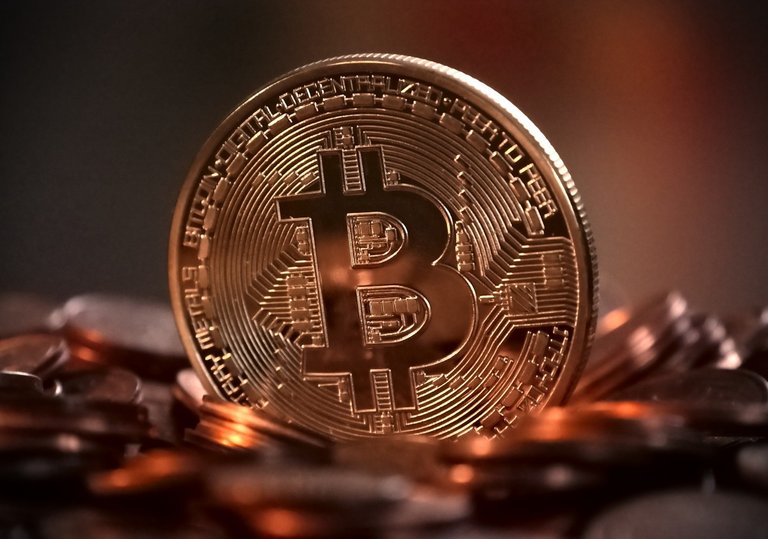Arbitrage: The act of profiting from price differences between markets by buying from the lower-priced market and selling in the higher-priced one.

It was the 7th day of December, 2017. The world was witnessing something unprecedented. Bitcoin added more than a hundred billion US Dollars to its market value in a single day. For perspective, it had earlier taken the entire cryptocurrency market 8 years to collectively achieve the same.
Suddenly, one of the largest exchanges – GDAX – saw Bitcoin prices on its exchange trade at a premium over other exchanges. In an efficient market, this premium should have remained for only a tiny sliver of time, until arbitrage forced the gap to close, but the prices on GDAX rose until they traded at a premium of $3000 (over 15%) compared to other exchanges. So where were the arbitrageurs, and why didn’t they seem to care?
Let's take a look at how arbitrage opportunities work. Arbitrage opportunities are fleeting. They are momentary. When price differences arise between different markets, arbitrageurs seize the opportunity by buying from the market with the lower prices, and then transferring and selling them in the market where the prices are highest. Money is made by profiting from the difference in price. But demand (buying pressure) from the lower-priced markets raises the price in those markets, and the act of selling (the selling pressure) in the higher-priced markets pushes the price down there. In this way, over a short period of time, the price difference between the two markets closes.
But the GDAX opportunity wasn’t an isolated one. The next day, on the 8th day of December, on the other side of the planet, the Japanese Yen denominated Bitcoin markets were tanking. The prices had dropped by $4000 in a few minutes, yet much like the day before, this price drop wasn’t bleeding into other markets.
So where were the arbitrageurs, and why weren’t they acting?
What was missing was the secret ingredient that facilitates arbitrage – free and predictable movement of the commodity between markets. With Bitcoin mania reaching a crescendo, the Bitcoin mempool (unconfirmed transactions in the Bitcoin network) was peaking. It had risen by 150,000 transactions over the previous 24 hours – an increase of almost 300%. The rise in unconfirmed transactions was a direct result of restrictions placed on the transaction capacity of the Bitcoin network by the Bitcoin coding community. Arbitrageurs were no longer confident that they could transfer between exchanges in time to profit from the price difference.
Arbitrageurs are integral to the price-discovery process that leads to efficient marketplaces. Without them, the Bitcoin markets now resembled the cordoned-off markets of trade that had existed millennia earlier, with prices being determined by the smaller restricted impenetrable pockets and not by the larger market. In Bitcoin’s case, the global currency had now become localised.
Bitcoin had become a victim of its own design.
Congratulations @grumpypuppy! You have completed some achievement on Steemit and have been rewarded with new badge(s) :
Click on any badge to view your own Board of Honor on SteemitBoard.
For more information about SteemitBoard, click here
If you no longer want to receive notifications, reply to this comment with the word
STOP